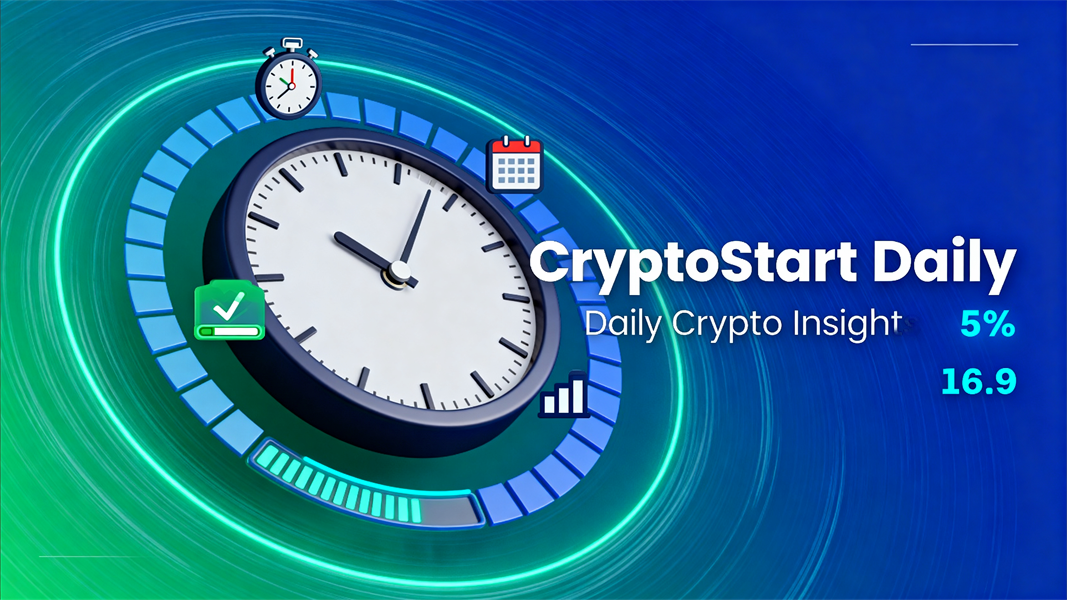Market Maker: Provides buy and sell orders to increase liquidity and profits from price spreads
Learn about crypto market makers: how they provide buy/sell orders, increase liquidity in virtual currency markets, and profit from price spreads. Covering centralized, decentralized, and crypto-specific market making







